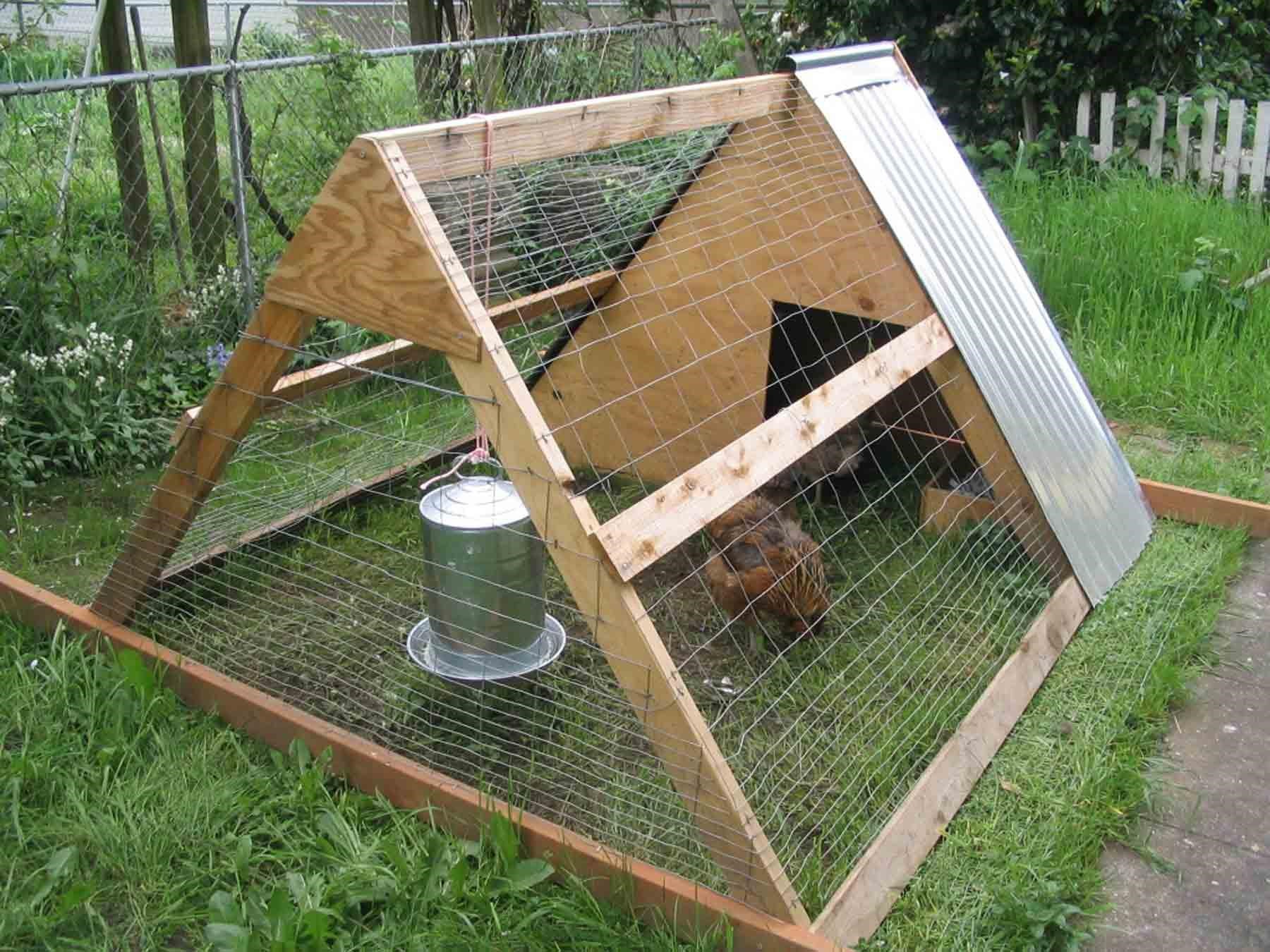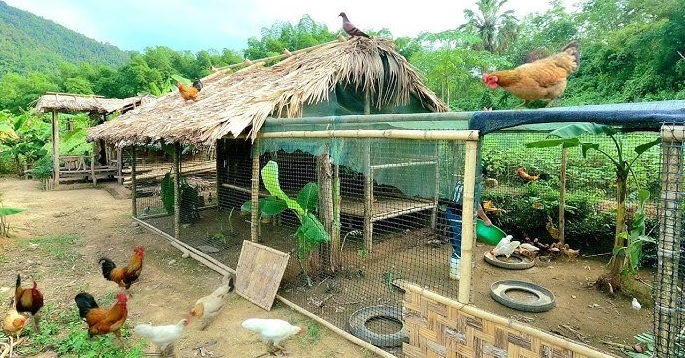Would you like to have fresh eggs every morning, right from your own yard? Keeping chickens is a great way to provide food for your family, make use of kitchen scraps, and even improve your garden soil. Chickens are not just farm animals — they can live happily in backyards, even in town areas, as long as you look after them properly. At Animals Fiji, we get questions from people who want to keep chickens for eggs but are not sure where to start. Here are some simple steps to help you begin.
Why Keep Chickens?
Chickens lay eggs that are fresher and often healthier than store-bought eggs. They eat kitchen scraps like boiled rice, cassava peel, leafy greens, and bread crusts, reducing your waste. Their droppings can also be added to a compost pile or garden as fertiliser after it has rotted down. But keeping chickens comes with responsibility — they need a safe place to live, clean water, and proper food every day.
Step 1: Make Sure Chickens Are Allowed
If you live in a town or settlement, check with your landlord or local council first. Some areas have limits on how many chickens you can keep, and roosters may not be allowed because of their noise.
Step 2: Choose Chickens That Suit Fiji
In Fiji, the most common laying hens you will find at markets or farms are the brown shaver (also called ISA Brown) and the white leghorn. Both are good layers — brown shavers lay brown eggs, while leghorns lay white eggs. If you live in a village or rural area, you might also find local village hens. These are hardier but lay fewer eggs. For a household of about four to six people, three to five hens is usually enough to give a steady supply of eggs without being too much work.
Step 3: Build a Safe Shelter
Even if your yard is not fenced, you can keep chickens if you build a proper coop. A good coop keeps chickens safe from dogs, cats, mongoose, and bad weather. For 3 to 5 hens, you will need about:
- Indoor coop space (sleeping and laying area): At least 1 square metre (about 10–11 square feet) per hen. For 3–5 hens, aim for a coop floor space of 5–2.5 metres long and 1–1.5 metres wide, with a height of at least 1.2 metres so you can clean it easily.
- Outdoor run (enclosed area for scratching and foraging if your yard isn’t fenced): At least 2–3 square metres per hen. So for 3–5 hens, make the run at least 3 metres by 3 metres, or about 9 square metres total. The bigger, the better — chickens are more active and healthy when they have space to move.
Your chicken coop should include:
- A covered roof to keep out rain and hot sun.
- Wire mesh sides or walls to keep out dogs, cats, mongoose, and rats. Use mesh with holes no bigger than 2.5 cm.
- Nesting boxes, one for every 3 hens, each about 30 cm wide, 30 cm deep, and 30 cm high, filled with clean dry grass, coconut husk, or wood shavings.
- Perches (wooden poles) for sleeping, placed about 30–50 cm above the floor, allowing at least 20–25 cm of perch space per hen.
Make sure the floor is raised slightly off the ground or has good drainage so it stays dry.

Erin Kunkel, used with permission from Storey Publishing.
Step 4: Feed and Water Every Day
Chickens cannot live on scraps alone. They need a balanced diet to lay well. You can buy layer pellets from feed stores in most towns, which are made for egg-laying hens. Give them some pellets every morning and evening, along with a few kitchen scraps. Do NOT give chickens anything spoiled, mouldy, salty, or spicy. They also need clean drinking water available at all times. Wash and refill their water container at least once a day.

(Photo credit: Van Tucky, Wikimedia Commons)
Step 5: Keep It Clean
A clean coop keeps your chickens healthy and prevents flies, rats, bad smells, and disease. For the nesting boxes and coop floor, use bedding material to absorb moisture and droppings. Good options include:
- Dry grass or hay
- Coconut husk or fibre
- Dried banana leaves, shredded
- Wood shavings (if available, but not sawdust, which is too dusty)
Avoid using wet or mouldy materials, as they can make chickens sick. Change the bedding in the nesting boxes at least once a week, and more often if it becomes wet or dirty. Sweep out droppings from the coop floor regularly — every few days if possible — and replace the floor bedding as needed. Wash food and water containers daily to prevent bacteria. Collect eggs every day to keep them clean and avoid them being broken or eaten by the chickens.
Step 6: Watch Their Health
Healthy chickens are active, eat well, and lay eggs regularly. If you see a chicken looking weak, not eating, or with unusual droppings, it may be sick and need help. You can call Animals Fiji or another veterinarian for advice.
Tips for Success
- Start small — three to five hens is enough for most families.
- Be a good neighbour — keep your chickens’ area clean to avoid bad smells and pests.
- Keep predators out — make sure your coop and run are secure.
- Remember, chickens can live for five years or more, so they are a long-term responsibility.

Image from: Nhu Building Life’s Youtube Channel
By taking good care of your hens, you can enjoy fresh eggs and healthy birds all year round. If you have questions about chicken care, call or visit Animals Fiji — we are always happy to help you give animals the care they deserve. Animals Fiji operates clinics in Savusavu, Labasa, Nadi, and Lautoka, and regularly runs outreach programs across the country. If you want to support Animals Fiji in their work or to find out more about Animals Fiji’s services, contact their Savusavu Clinic at 998-6253, Labasa 998-6250, Lautoka 998-2026 or Nadi Clinic on 993 6647 or visit their website at www.animalsfiji.org
Here is a QR Code for a brochures from Ministry of Agriculture Fiji “A Guide to Raise Chickens":
